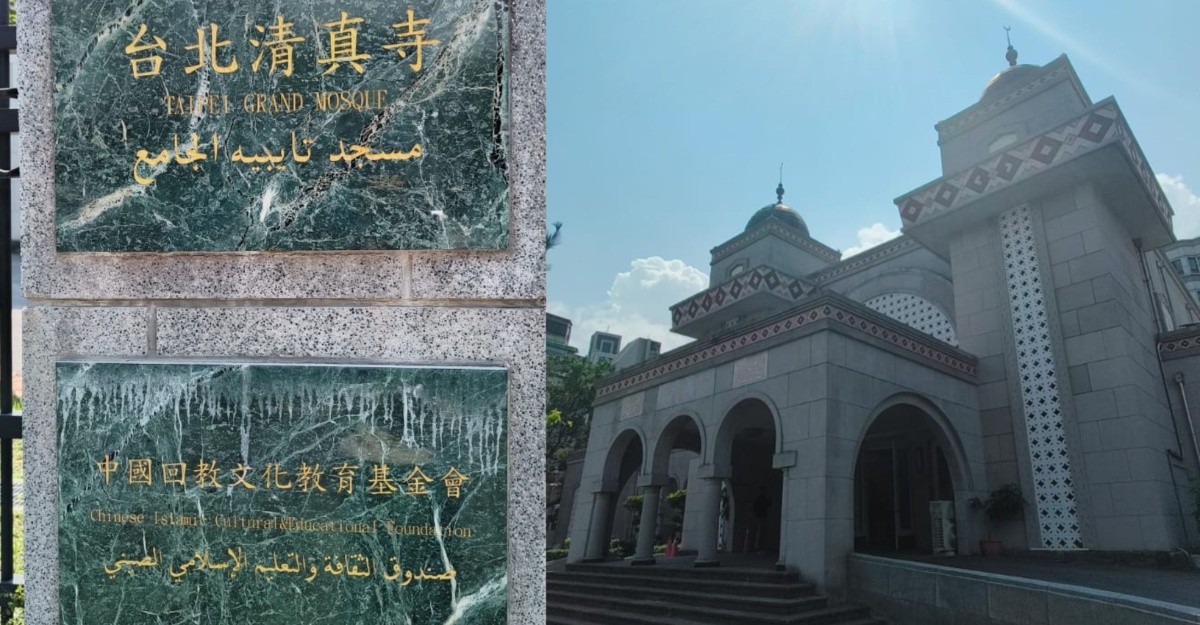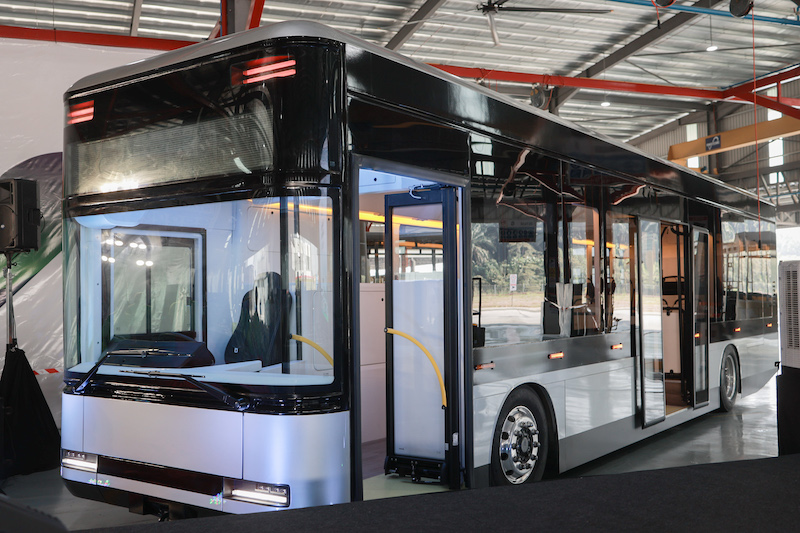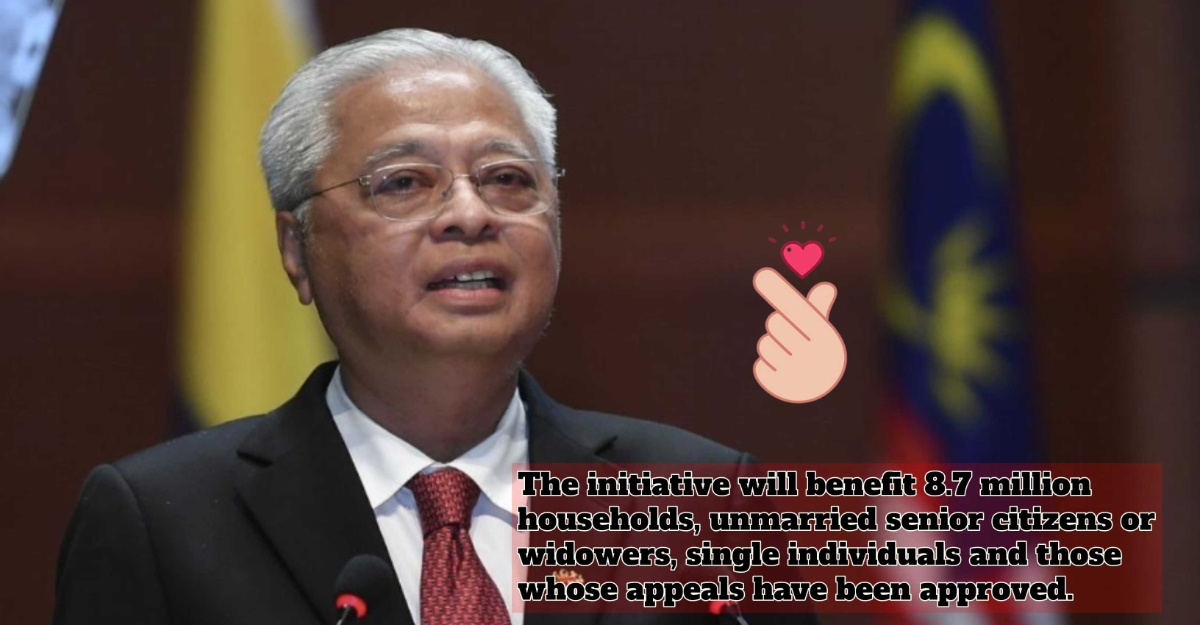Nestled in the bustling heart of Taiwan’s capital city, Taipei, the Taipei Grand Mosque is not only Taiwan’s largest and most iconic mosque but also a symbol of the country’s rich Islamic heritage. Located on Xinsheng South Road, this magnificent structure serves as a hub for the local Muslim community, as well as a destination for international Islamic dignitaries and visitors.
A Journey Through History
The origins of the Taipei Mosque date back to 1949 when the increasing number of Muslims arriving in Taiwan required a dedicated place of worship. Initially, the mosque was situated at No. 2, Lane 17, Lishui Street, in a Japanese-style building, but as the Muslim population grew, it became clear that a larger facility was needed. General Bai Chongxi, a key advocate for the Muslim community, appealed to the government for support, and soon plans for a grand mosque that could host 600 worshippers were set into motion.
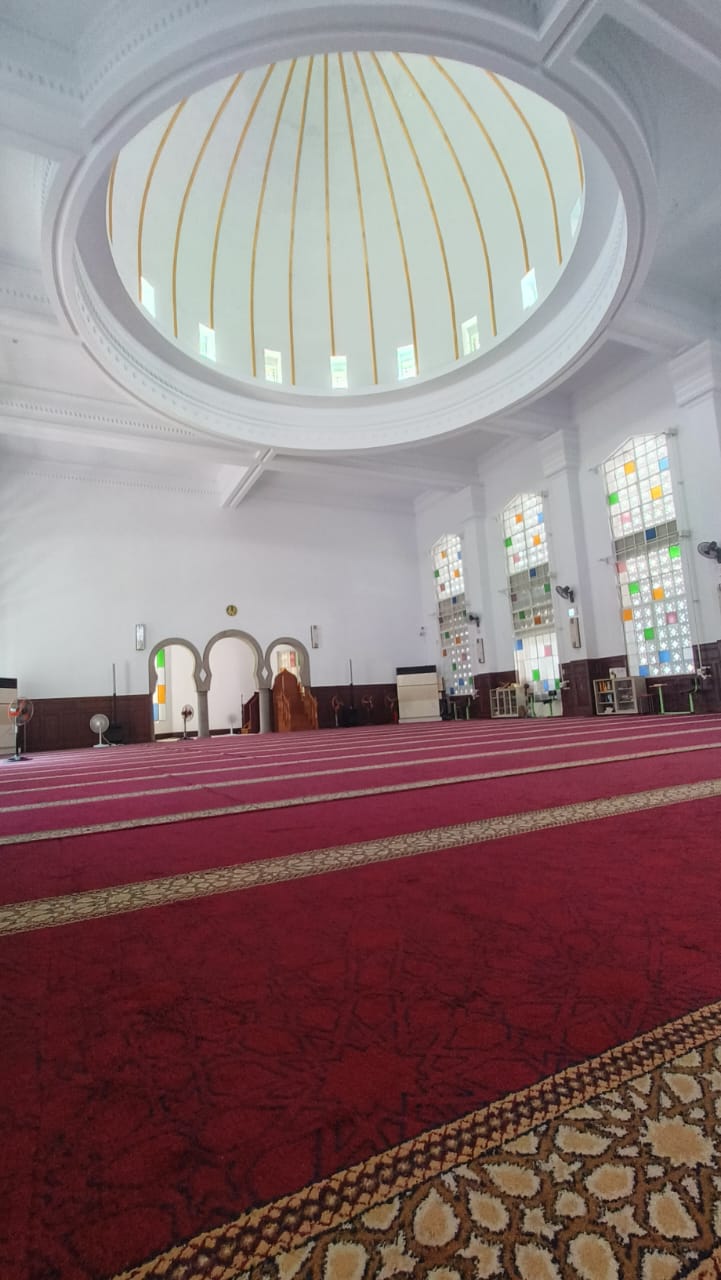
Construction of the Taipei Grand Mosque began after securing government assistance and significant financial contributions from Muslim communities both domestically and internationally. The mosque was completed in 1960, standing as an impressive structure of reinforced concrete with a design inspired by traditional West Asian mosques.
Architectural Splendor
The Taipei Grand Mosque is a testament to the beauty of Islamic architecture. The building features a domed worship hall, washing rooms, an auditorium, and an office. Its Arabic architectural design is complemented by geometric mosaics and patterns that decorate the exterior. The mosque’s two towering minarets, each over 20 meters high, and the golden dome, which stands 15 meters above the ground, are particularly striking.
Inside, the worship hall is a spacious, beamless structure with stained-glass windows that flood the space with light. The absence of figurative decoration, in accordance with Islamic principles, gives the hall a serene and open atmosphere. The dome and pillars in the prayer hall are a blend of Ottoman and Romanesque styles, creating a unique fusion of architectural traditions.
A Place of International Diplomacy
Since its opening, the Taipei Grand Mosque has played a significant role in international diplomacy. It has welcomed numerous Islamic leaders, including the late Iranian King Bahlavi, Turkish Prime Minister Mendes, and King Hussein of Jordan. For many Islamic leaders visiting Taiwan, the mosque is a must-visit location, underscoring its importance not only as a religious site but also as a cultural and diplomatic symbol.
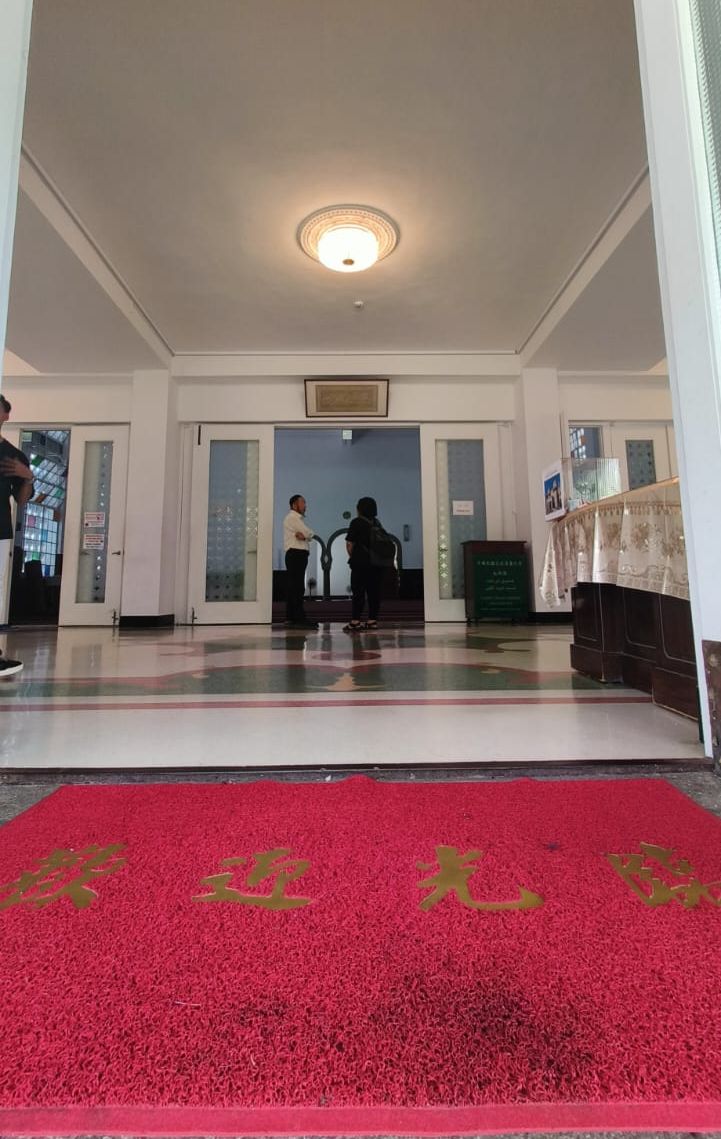
A Center for the Muslim Community
The Taipei Grand Mosque is more than just a place of worship. It serves as a community center where local Muslims gather for religious celebrations, weddings, funerals, and educational events. In recognition of its cultural and historical significance, the Taipei City Government designated the mosque as a historic site in 1999.
The mosque is also open to visitors and students, providing an opportunity for people of all faiths to learn more about Islam and Taiwan’s Muslim community. It continues to be a central pillar of Islamic life in Taipei, hosting daily prayers and welcoming visitors from around the world.
Today, the Taipei Grand Mosque stands as both a historic monument and a vibrant center of Islamic life in Taiwan. Its rich history, architectural beauty, and role in fostering international relations make it a must-visit for anyone interested in Taiwan’s diverse religious landscape. Whether for daily prayers, special occasions, or simply to admire its architectural grandeur, the Taipei Grand Mosque remains a beacon of faith, culture, and unity.

